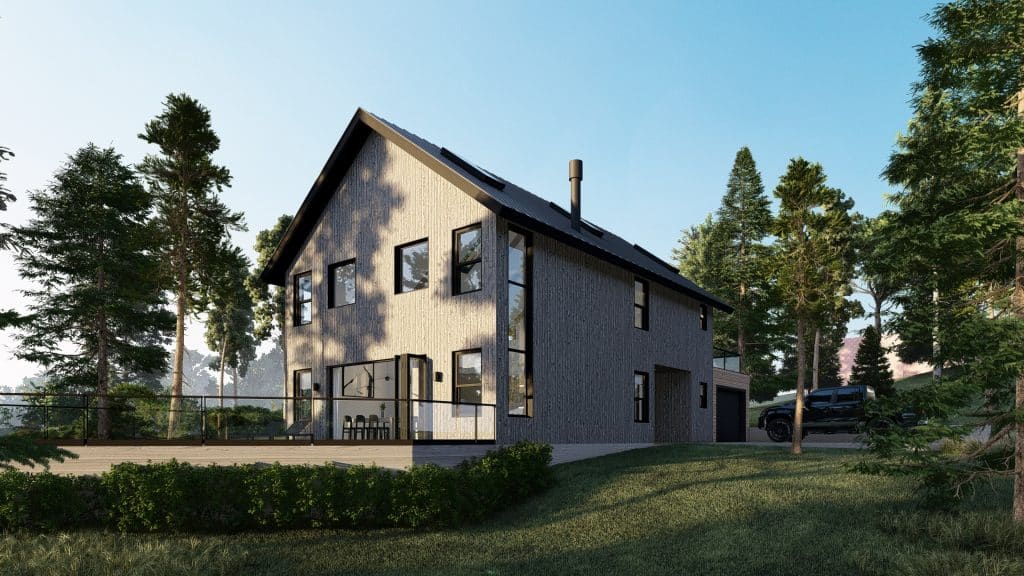
Laneway homes offer a practical and affordable solution for multigenerational living in Vancouver. These self-contained units, built on the rear of existing properties, provide independent living spaces while maintaining proximity to the main house.
1. Zoning and Regulations:
- Vancouver Laneway House Bylaws: Familiarize yourself with the specific regulations governing laneway house construction in Canada, including size restrictions, setbacks, and permitted uses.
- Permitting Process: Understand the steps involved in obtaining building permits for a laneway house, including submitting plans, obtaining approvals, and scheduling inspections.
- Parking Considerations: Explore parking requirements for laneway homes and consider options like on-street parking, tandem parking, or car-sharing arrangements.
2. Design and Functionality:
- Space Optimization: Maximize limited space with efficient layouts, built-in storage, and multi-functional furniture.
- Privacy Features: Incorporate design elements like strategically placed windows, privacy screens, and soundproofing to ensure privacy for both the laneway house and the main home.
- Accessibility: Design the laneway house with accessibility in mind, including features like ramps, wider doorways, and grab bars.
3. Construction and Costs:
- Foundation Options: Explore different foundation types, such as crawl spaces, basements, or slab-on-grade, considering factors like cost, site conditions, and desired accessibility.
- Material Choices: Select durable, low-maintenance materials that complement the main house and withstand Vancouver's climate.
- Budgeting and Financing: Develop a realistic budget for laneway house construction, considering factors like design fees, permits, materials, and labor costs. Explore financing options like home equity loans or construction loans.
4. Benefits of Laneway Homes:
- Value: Laneway homes offer a valuable housing option compared to purchasing a separate property.
- Increased Density: Laneway homes contribute to increased housing density in Vancouver, helping to address housing affordability challenges.
- Rental Income Potential: Laneway homes can generate rental income, providing a source of financial support for homeowners.
- Flexibility and Adaptability: Laneway homes can adapt to changing needs, serving as a guest suite, home office, or rental unit.

